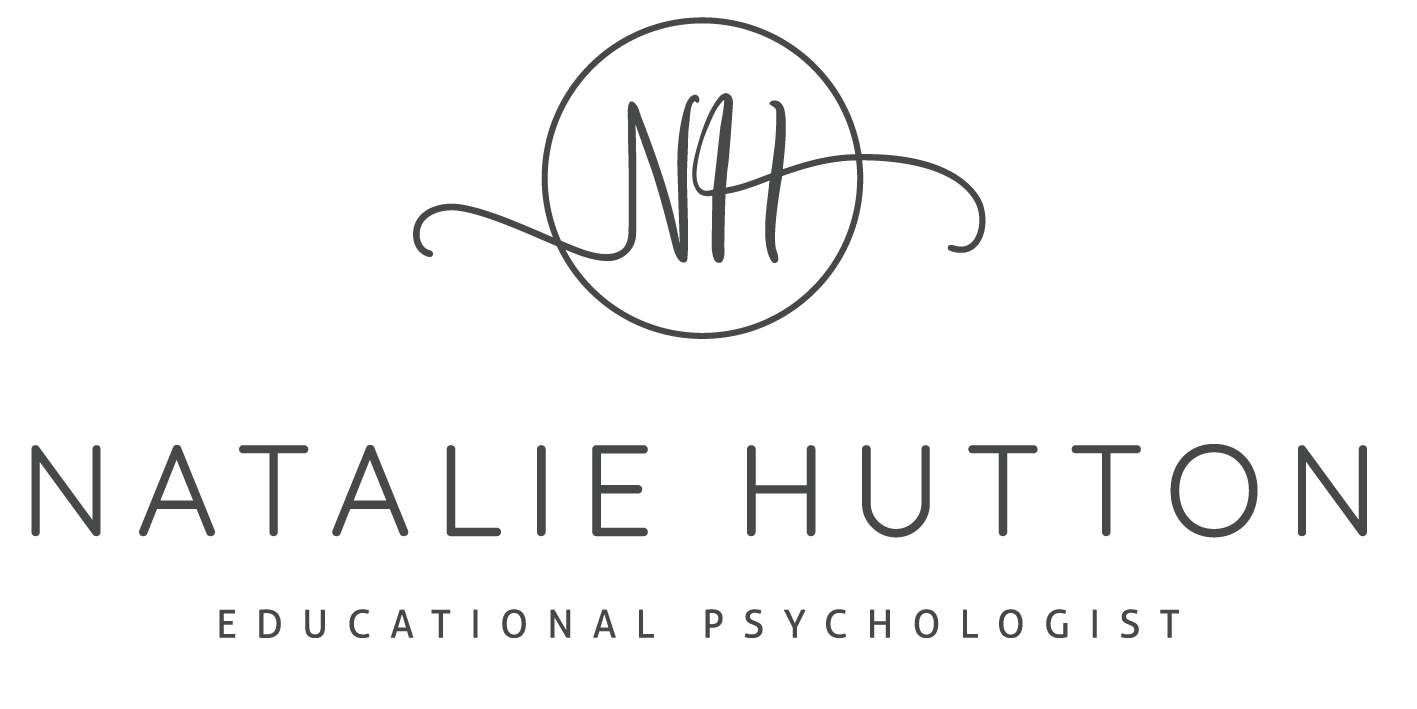What is an Educational Psychologist?
An educational psychologist is a qualified psychologist with a special interest in all things related to education. Education is a broad term - it does not simply refer to all things related to school/college. It also refers to the process of education in one’s life and so educational psychologists work with all the age ranges, provided the process is connected in some way to education (of self).
Psychologists are registered professionals with the Health Professions Council of South Africa (HPCSA).
What have they studied to get there?
An educational psychologist has a Masters in Psychology, with a special interest in education. So, they have studied for a minimum of 5 years to get their qualification, and have also completed an internship after that. Some educational psychologists, like myself, have also trained as teachers before qualifying as psychologists. This is not mandatory.
What do educational psychologists do?
An educational psychologist's day is never the same and that is what makes it an exciting profession. I fill my days with educational assessment, parent meetings, teacher meetings, training workshops, play therapy and classroom visits. I also do research on topics that interest me so that I can equip others. I have also added curriculum development and material development to my portfolio. I also have a growing interest in corporate training.
I don't generally work with people who have severe mental health difficulties, like schizophrenia. My interest lies in helping children to enjoy school more, so that they can shine. I also have a growing passion to support moms through the early childhood development phase, and to help parents work more cohesively as a unit to help raise their children in a healthy way.
What is an educational assessment?
The bulk of my work at the moment is educational assessments. An educational assessment is best described as a process of evaluation of a child's strengths and weaknesses, with the purpose of helping them to achieve their potential in the classroom. Sometimes, when a child is not coping in the classroom, there is a specific reason for that. An educational assessment helps mum, dads and teachers to identify those difficulties so that they can help the child cope better at school.
What does an educational assessment comprise of?
It is different for every psychologist - but the basics include an IQ test and a battery of scholastic tests (that look at a child's reading, writing and maths).
What is a barrier to learning?
A barrier to learning is something that hinders a child from reaching their full potential at school, socially or emotionally.
A barrier might be poor vision, for example; or a physical disability. It could be dyslexia, which impacts their reading and understanding of what they have read. It could be weak perceptual processing skills, which plays havoc with their ability to do mathematics.
An educational assessment helps to identify the specific barrier to learning, and put helpful strategies in place to support a child.
What material do I have available at the moment?
I have a host of workshops that I run and will be moving many of these to the online space so get in touch if you are interested! I have developed activity packs for children to use during the current stay-home period. These are fun and easily accessible to parents with children between the ages of 3 and 9 years.
If you need help connecting with a psychologist in your area to help your child, give me a shout. Will be happy to help!

